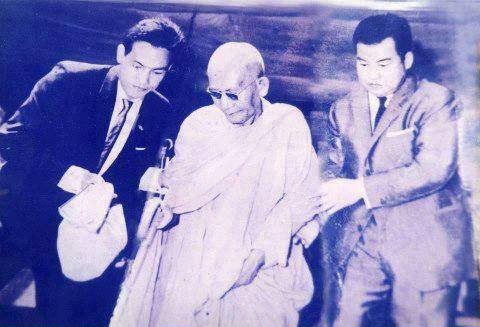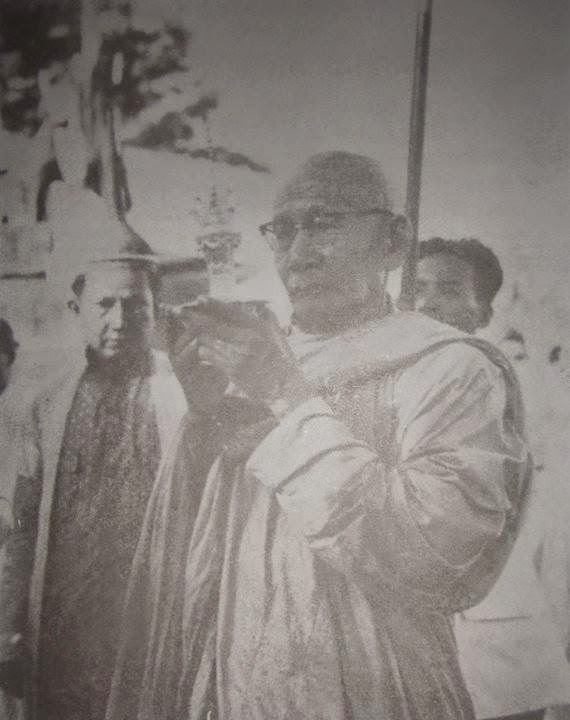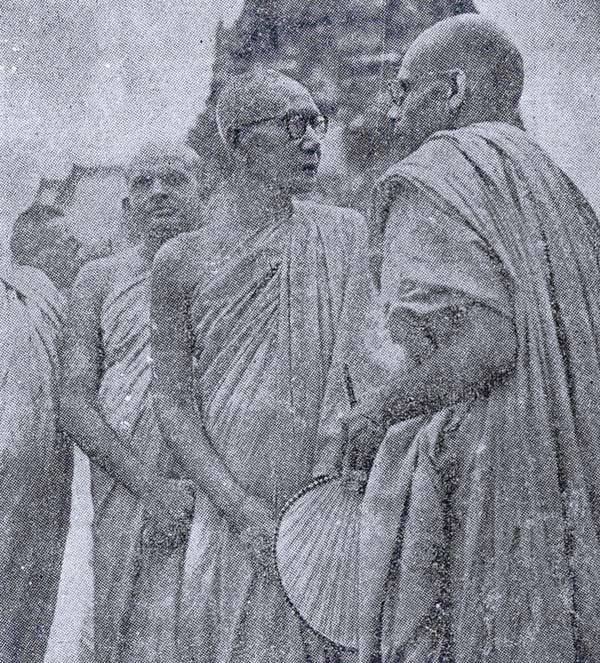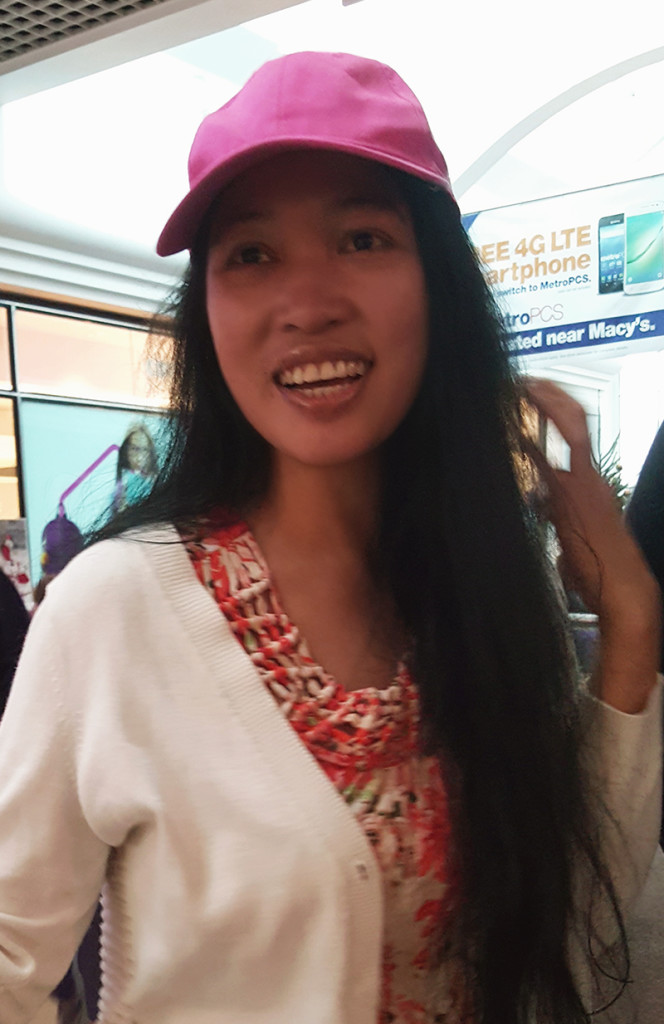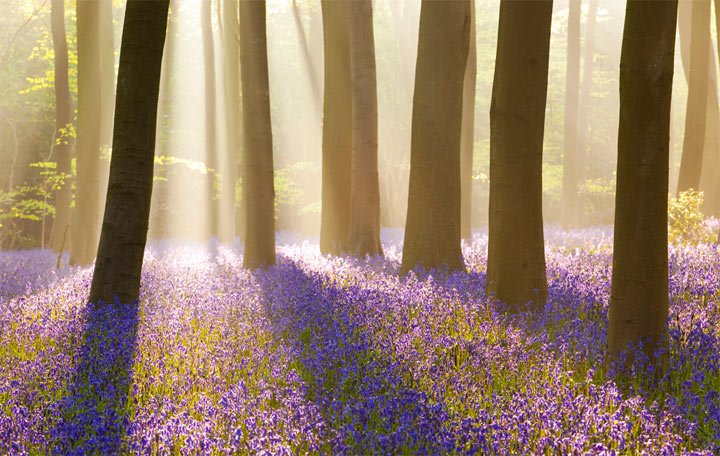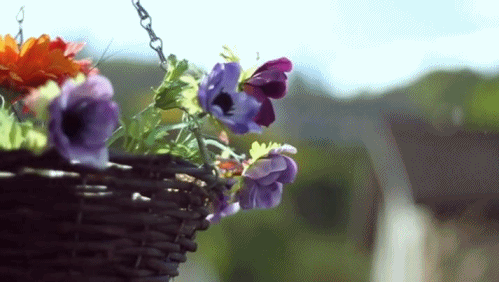Samdech Chuon Nath
វចនានុក្រមសម្តេចសង្ឃ ជួន ណាត – Desktop version
Khmer literature and Dhamma talk by His Holiness Jotannano Chuon Nath, the Supreme Patriarch of Cambodia Buddhism.
នាទីអក្សរសាស្ត្រខ្មែរ ដោយ សម្តេចព្រះសង្ឃរាជ ជេាតញ្ញាណោ ជួន ណាត
His Holiness Jotannano Chuon Nath has been the King of Khmer literature. He was born on March 11, 1883; passed away on September 25, 1969. His Holiness is forever my role model and inspiration. I learn my native language, Khmer via the teaching of His Holiness (his audio lecture and his Khmer dictionary)… My great master H.H. Maha Ghosananda was the student of H.H. Jotannano Chuon Nath. Maha Ghosananda was also the Supreme Patriarch of Cambodia Buddhism… H.H. Maha Ghosananda was born on May 23, 1913; passed away on March 12, 2007. No one will be able to replace our two great spiritual leaders… ~Jendhamuni



